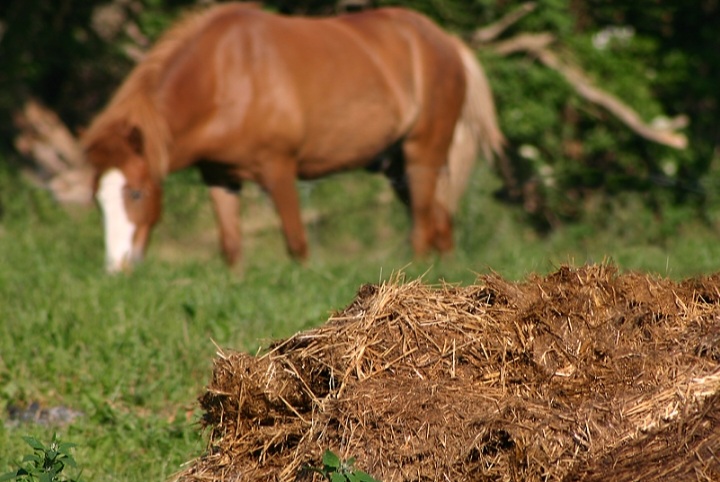Livestock Manure And Climate Change

By Ojugbele Omotunde
Manure, especially those gotten from animals like cows, can have a big effect on global warming.
Studies have revealed that methane, a strong greenhouse gas that contributes to global warming, is released as manure breaks down and is a major contributor to climate change because it is far more efficient than carbon dioxide at trapping heat in the atmosphere.
Manure is frequently dumped in piles, slurries, or lagoons, which can result in major methane emissions, environmental degradation, adverse health effects, and the loss of important nutrients that could be contributed to the soil.
A report by Climate and Clean Air Coalition revealed that the two ways in which livestock manure contribute to emissions of short-lived climate pollutants include: storage methods, especially liquid storage, which emit large amounts of methane, and the burning of pastureland and the use of dung as a fuel for heating and cooking, which emit black carbon
The report noted that the primary greenhouse gas released by liquid manure in storage is methane and agricultural productivity is impeded by these pollutants due to their effects on air quality and climate change.
Methane emissions impact on climate change can be reduced if managed well.
Several approaches are being investigated to address the impact of manure on the environment.
Better manure management techniques, such composting or the use of anaerobic digesters to extract methane for energy production, are among them.
